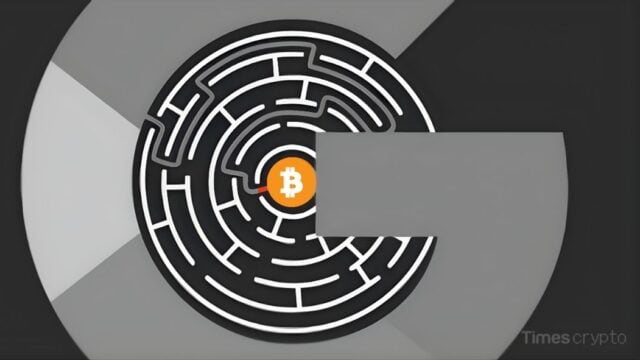Key Takeaways:
- Policy changes: Bitcoin Core removes 80-byte limit for transaction data embedding
- Developer rationale: Says users bypass limits anyway, let fee market decide
- Fierce backlash: Critics warn of blockchain bloat and lost monetary focus
- Community split: High-profile devs like Luke Dashjr call it “ideological drift“
The Great Bitcoin Schism
Bitcoin’s normally unified developer community has fractured over a controversial policy shift that could reshape how the network gets used. In a rare joint statement, 31 Bitcoin Core developers defended their decision to eliminate size limits for data embedded in transactions (OP_RETURN), arguing miners and fees, not arbitrary caps, should determine what makes it into blocks.
The Bitcoin Core Project posted the statement on X:
Why This Technical Debate Matters
The Core Argument
Developers contend:
- Limits were easily bypassed anyway (users split data across multiple transactions)
- Letting the fee market decide is more Bitcoin-aligned than artificial restrictions
- Node efficiency improves when they can accurately predict what miners will include
Devs claim this is not about endorsing data storage, but acknowledging Bitcoin’s censorship-resistant nature.
The Opposition
Critics counter that:
- Non-financial use (like NFT-style inscriptions) could flood the chain
- Future node operation becomes harder if the blockchain size balloons
- Miners might prioritize high-fee spam over “real” transactions
Moreover, Dashjr’s Bitcoin Knots client will maintain the old limits, creating a potential network split.
Transaction Relay in Short
Community Reaction: Battle Lines Drawn
Pro-Change Camp
- “This protects Bitcoin’s neutrality” – Jameson Lopp (Casa)
- “Miners already accept these transactions” – Anonymous Core contributor
Anti-Change Camp
- “Core is condoning bloat” – Dennis Porter (Satoshi Action Fund)
- “It’s like removing highway speed limits because some drivers speed” – Mining pool operator
What’s Next for Bitcoin?
The policy takes effect in the next Core release, but:
- Miners could voluntarily reject large-data transactions
- Wallets might implement their own filters
- Market forces may naturally limit abuse (high fees for bloated transactions)
A Stress Test for Decentralization
This debate cuts to Bitcoin’s core tension: Should it be purely “digital gold,” or a platform for broader (if controversial) use cases? With no central authority to impose answers, the network’s true governors, users, miners, and node operators, will decide through their software choices.
Will Bitcoin’s blocks become a free-for-all, or will economic reality enforce discipline? The coming months may reveal whether Satoshi’s creation can balance openness with sustainability.
For more Bitcoin-related news, read our analysis on: Bitcoin Weekly Price Prediction: Will BTC Hold $99K as Retail, Institutions, and Geopolitics Collide?







